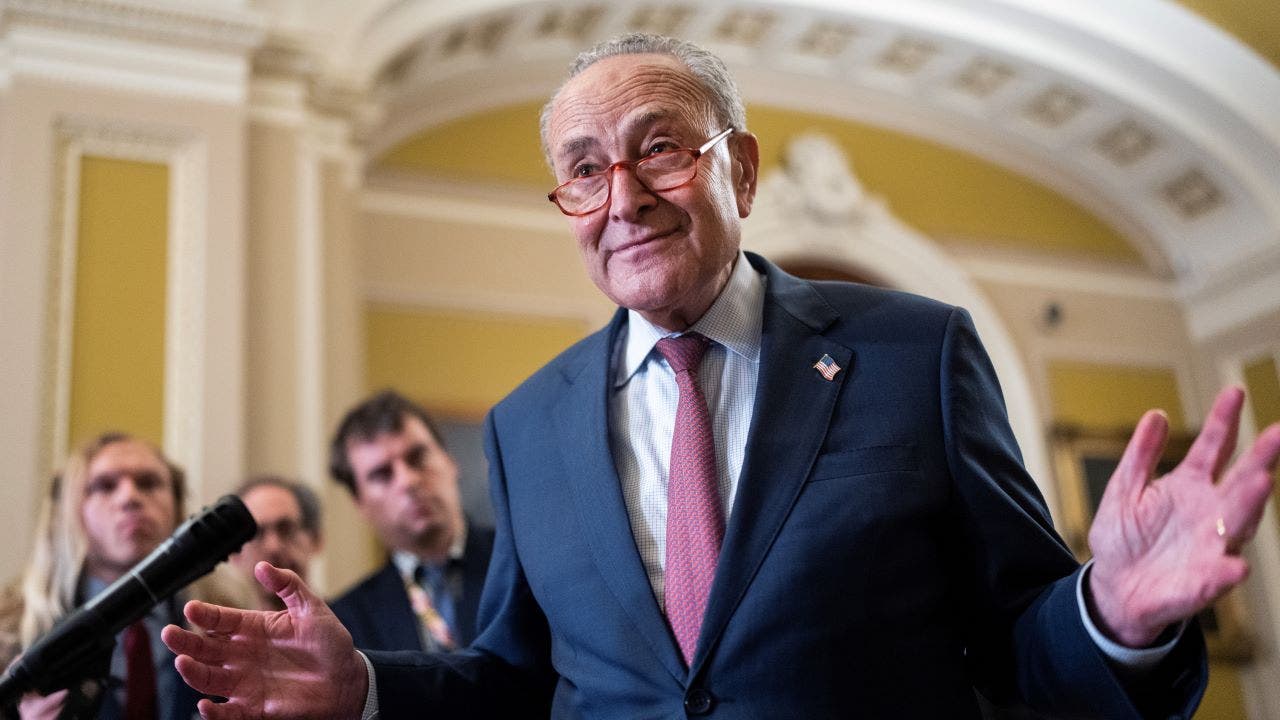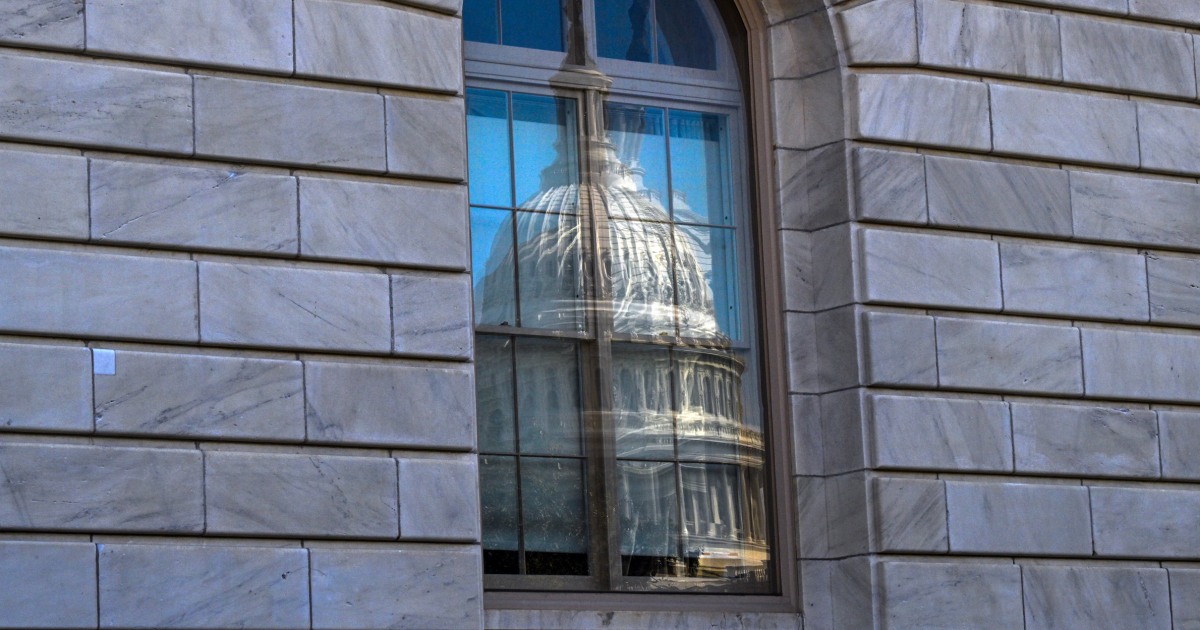Ukraine aid hangs in balance as lawmakers return to Washington
Lawmakers return to Washington this week without the threat of a government shutdown looming, but the three-week sprint to the Christmas recess will be anything but drama-free as time runs short for Congress to pass aid to Ukraine .
For the first time in years, lawmakers won't be scrambling to fund the government in December after approving a short-term bill that punts the fight into the new year. Yet appropriators face an even more daunting task, one that has implications for President Joe Biden 's foreign policy agenda and the fates of tens of millions of Ukrainians.
It's been one month since the White House requested a $105 billion security package, chiefly for Ukraine but also for Israel, Taiwan, and the southern border. Yet the request has so far gone nowhere as the Republican-led House balks at what it sees as a "blank check" for the war-torn country.
The aid may still be approved — Speaker Mike Johnson (R-LA) has expressed openness to further funding in exchange for changes in border policy — but the White House has warned the window is closing for such a deal as the money Congress has already committed runs out.
Majority Leader Chuck Schumer (D-NY) announced in a "Dear Colleague" letter on Sunday the Senate could take up Biden's supplemental as soon as next week, but his ability to do so will hinge on the half-dozen senators taking the lead on border talks.
Senate Republicans are demanding changes to the laws governing asylum and parole as the surge of migrants at the southern border reaches record levels. They released a plan before the Thanksgiving recess modeled after the House's own border security bill.
The question is whether Democrats can stomach a compromise that includes many provisions they deem "hard-right" in the House legislation, which narrowly passed the lower chamber in May.
The Senate will return on Monday afternoon, providing negotiators their first chance to meet in person in more than a week. If they cannot reach a deal in a matter of days, they will extinguish any hope of getting the legislation done this year.
The supplemental is hardly the only item on Congress's to-do list. Congress must finish its annual defense bill and extend Section 702 of the Foreign Intelligence Surveillance Act, all before year's end.
That's to say nothing of the brewing fight over government funding. Earlier this month, Congress passed a "clean" stopgap that expires in two stages, with some agencies funded until Jan. 19 and the rest until Feb. 2. The two chambers, about $120 billion apart on spending, must now pass their remaining appropriations bills and reach a full-year funding agreement.
Meanwhile, the same drama that consumed Capitol Hill before the recess will inevitably bleed into December. The House, which returns on Tuesday, could vote to expel Rep. George Santos (R-NY) as soon as this week, while Schumer has threatened to bring a resolution circumventing Sen. Tommy Tuberville's (R-AL) blockade on military promotions to the floor.
Schumer warned of "long days and nights" ahead as the Senate returns, even hinting on Sunday that senators could be kept in Washington during the recess if needed.
If the Senate can pass Biden's supplemental in December, there is no guarantee the House will do the same. Johnson will need substantive changes to U.S. immigration law to avoid the wrath of his right flank.
Nonetheless, Schumer, like his Senate counterpart, Minority Leader Mitch McConnell (R-KY), has spent months attempting to shore up Republican support in his own chamber. He has scheduled the latest all-hands briefing on the conflict for this week.
"The decisions we will have to make in the coming weeks on the aid package could determine the trajectory of democracy and the resilience of the transatlantic alliance for a generation," Schumer said in his "Dear Colleague" letter. "We cannot let partisan politics get in the way of defending democracy."




















